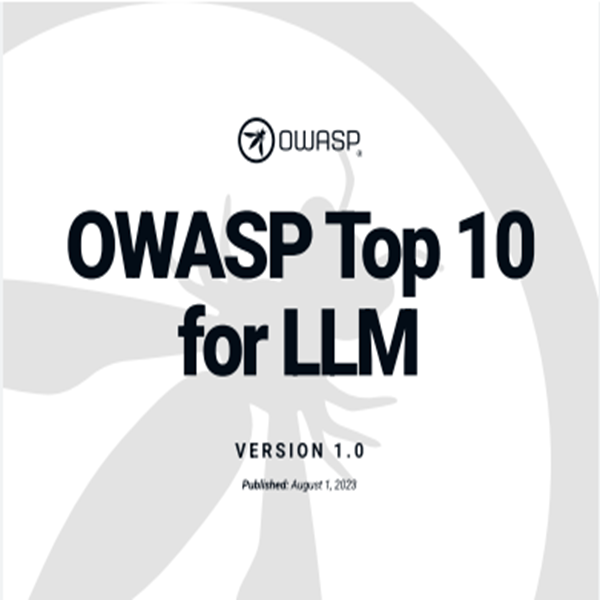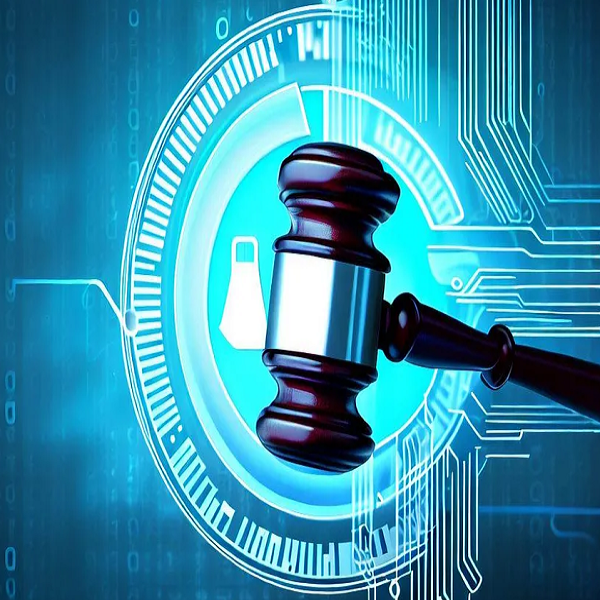The BBC is threatening to take legal action against the U.S.-based AI firm, Perplexity AI.
In a formal letter sent to the company’s CEO, Aravind Srinivas, the BBC alleges that its news content has been reproduced word-for-word by Perplexity’s chatbot without permission. The BBC is now demanding that Perplexity stop using its material, delete what it already has, and offer compensation.
In the letter, the BBC called the practice a breach of both UK copyright law and the BBC’s terms of use.
Perplexity replied in a statement to the BBC, claiming that the broadcaster’s complaint is “just one more part of the overwhelming evidence that the BBC will do anything to preserve Google’s illegal monopoly.” The company didn’t clarify what it meant by that or how Google is connected to this dispute.
This dispute highlights a broader issue with how AI systems are trained. Most generative AI tools are built using data collected by web crawlers that scan and copy large amounts of content from the internet. These bots gather content, often without clear permission from the original sources. This practice has sparked growing concern among content creators, media outlets, and lawmakers.
The BBC, like many organizations, uses a robots.txt file, a text file that instructs web crawlers not to access certain parts of a site. But compliance is voluntary, and not all crawlers respect it. The BBC says it explicitly blocked two of Perplexity’s crawlers, yet the company continued to scrape content. Perplexity’s CEO previously denied these claims, saying in a June 2024 interview with Fast Company that their crawlers follow robots.txt rules.
Perplexity also claims that because it does not build foundation models, it does not use scraped content for AI model pre-training. Instead, it describes itself as an “answer engine,” saying it searches the web in real time, pulls from trusted sources, and summarizes information in a quick and digestible way.
However, another of the BBC’s concerns is that Perplexity does not summarize its content accurately. Earlier this year, BBC research found that several AI platforms, including Perplexity, often misrepresented BBC stories. According to the BBC, this not only distorts facts but also violates its editorial standards and risks damaging public trust.
Perplexity AI is based in the US, where developers often cite fair use to justify using publicly available data. However, if the BBC proceeds with legal action, the outcome could set a precedent that shapes how cross-border legal frameworks evolve around the use of public content to train AI systems.





